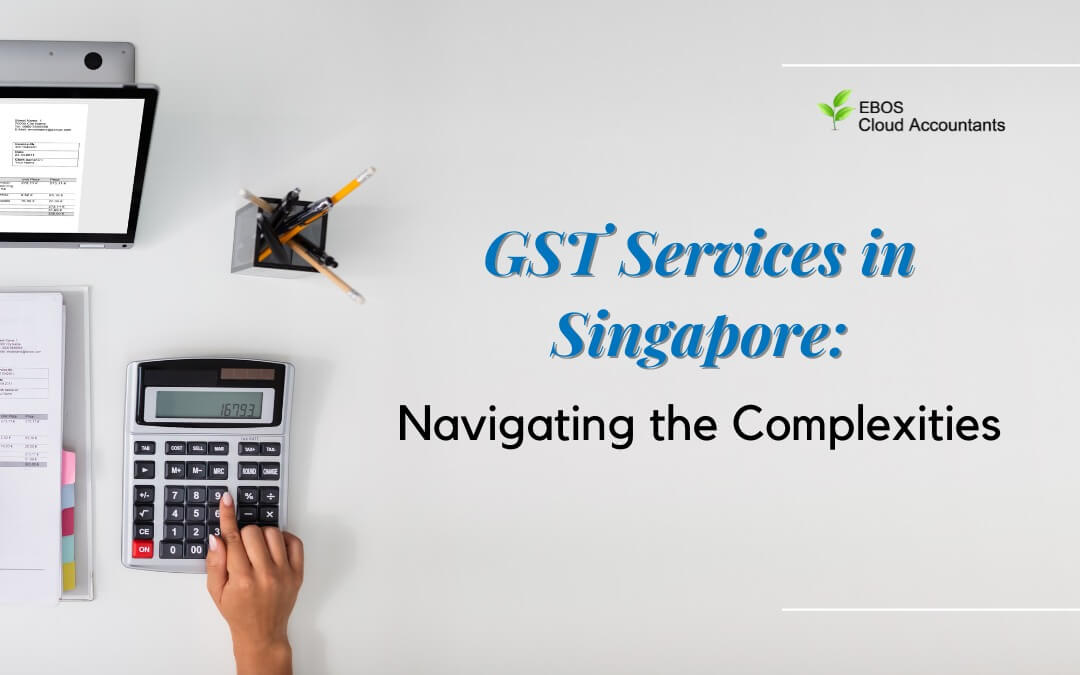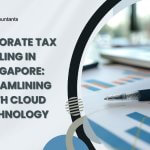Many business owners have found the Goods and Services Tax (GST) system in Singapore to be an administrative headache. The intricate regulations, time-consuming processes, and the risk of costly mistakes can make managing GST a nerve-wracking task. Even a minor error can lead to substantial financial losses.
Understanding the Basics of Singapore GST
In Singapore, GST is a consumption tax that is added to the price of goods and services. This means that whenever a purchase is made, the business includes the GST amount in the bill. The business then collects the GST from each sale and remits it to the Inland Revenue Authority of Singapore (IRAS) on a monthly or quarterly basis.
The current GST rate is 8%. However, the latest update from the Singapore Budget 2022 has announced that the GST rate will be increased from 7% to 9% in two stages. The first increase, from 7% to 8%, took effect on January 1, 2023. The second increase, from 8% to 9%, is scheduled to be implemented on January 1, 2024.
Clarifying GST Application and Registration
Not all companies are required to charge GST to their customers, and not all goods or services are subject to GST. Certain criteria determine whether a business needs to register for GST:
- Compulsory GST Registration: If your taxable turnover exceeds S$1 million, you are required to register for GST.
- Voluntary GST Registration: Even if your taxable turnover doesn’t meet the legal minimum, you can voluntarily register for GST.
The GST registration process involves providing documents such as recent invoices, sales/revenue listings, purchase/supplier invoices, profit and loss accounts, and rental agreements.
Understanding How GST Works for Businesses
Business owners who are GST registered can also claim GST paid on their business purchases as an expense. When filing for GST, businesses calculate the net GST by deducting Input Tax (GST paid for business purchases) from Output Tax (GST collected from customers). If the Input Tax exceeds the Output Tax, IRAS will refund the difference. Conversely, if the Output Tax is higher, the business must pay the excess to IRAS.
Benefits and Drawbacks of Voluntary GST Registration
Voluntary GST registration can be beneficial for businesses with high input tax and cash flow advantages. However, it also entails complying with strict record-keeping and filing obligations. Charging GST to customers might impact their perception of your prices compared to non-GST registered competitors.
Navigating GST Incentive Schemes
The Singapore Government offers various GST incentive schemes to ease the complexity for businesses:
- Major Exporter Scheme (MES): Businesses that import/export goods substantially can apply for the MES to streamline cash flow.
- Gross Margin Scheme: Allows businesses to account for GST based on gross margin for certain types of goods.
- Tourist Refund Scheme: Enables tourists to claim a refund of GST paid on goods brought out of Singapore.
- Zero GST Warehouse Scheme (ZG): Approved businesses can store non-dutiable overseas goods in a Zero GST Warehouse without paying GST.
- Cash Accounting Scheme: Suitable for small businesses with annual sales below S$1 million, as it eases cash flow obligations.
- Import GST Deferment Scheme (IGDS): Approved GST-registered businesses can defer paying import GST until their monthly GST returns are due.
Preparing for the GST Rate Increase
Businesses need to consider the following in light of the GST rate increase:
- Transitional Time of Supply Rules: Make sure GST is accounted for at the correct rate based on tax invoice dates.
- Pricing Adjustments: Assess how the new GST rate will impact pricing and whether GST will be passed on to customers.
- System Updates: Update accounting software, eCommerce platforms, billing systems, and other relevant systems to reflect the new GST rate.
- Stakeholder Communication: Inform customers, suppliers, and stakeholders about the GST rate increase and its implications.
In conclusion, understanding Singapore’s GST system is essential for business owners. It helps avoid costly mistakes and allows businesses to benefit from various incentive schemes. If you need further guidance on GST registration or compliance, consider consulting experienced professionals to navigate the complexities effectively.







